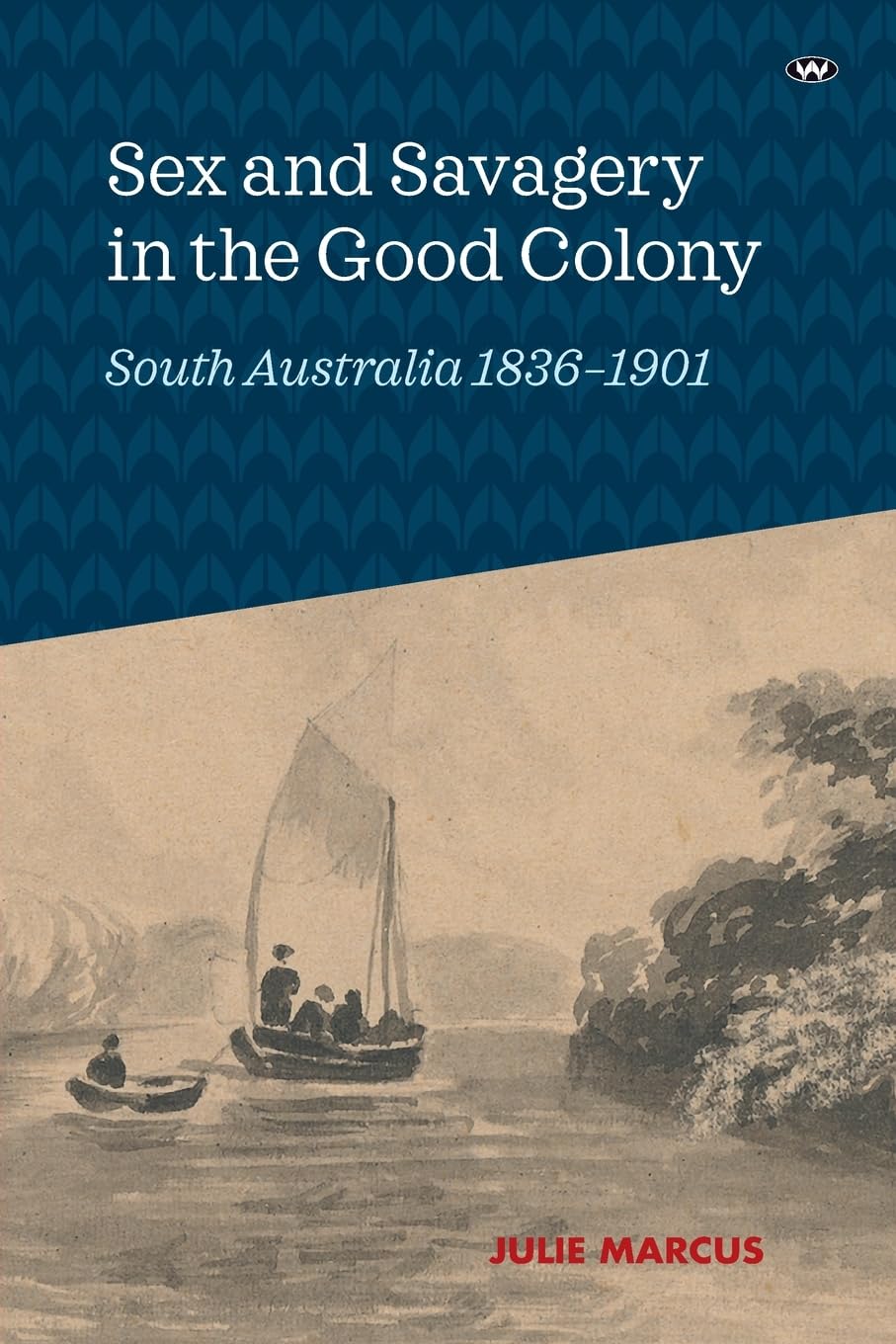Abandonments, magic papers, and dogs with bones
Frank Moorhouse recently sued Angus and Robertson for failing to return four of his manuscripts. The publishers found The Electrical Experience before the case came to trial; the author won his claim on Conference-ville and Tales of Mystery and Romance but lost on The Americans, Baby.
This judgment added a new word to authors’ conversations – ‘abandonment’, meaning that an author’s rough drafts and other papers cease to belong to him if he has ignored them for a number of years, as Moorhouse had ignored The Americans, Baby. Shipwrecks left too long at the bottom of the sea do not belong to their owners, and buried animal carcasses no longer belong to the farmer who buried them – those, believe it or not, are the legal precedents cited in the Moorhouse case for the author’s abandonment of his manuscripts in the bowels of his publisher’s files.
Continue reading for only $10 per month. Subscribe and gain full access to Australian Book Review. Already a subscriber? Sign in. If you need assistance, feel free to contact us.











Leave a comment
If you are an ABR subscriber, you will need to sign in to post a comment.
If you have forgotten your sign in details, or if you receive an error message when trying to submit your comment, please email your comment (and the name of the article to which it relates) to ABR Comments. We will review your comment and, subject to approval, we will post it under your name.
Please note that all comments must be approved by ABR and comply with our Terms & Conditions.